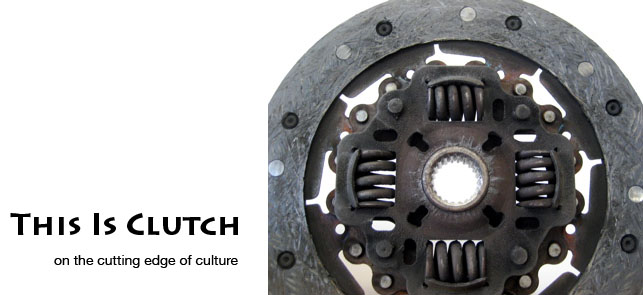 People use the term interactive pretty loosely and so I've been wondering what it takes to be truly engaging. I recently had a discussion with the creative director of the site World Without Oil and think this kind of interactivity experience has a lot to offer.
People use the term interactive pretty loosely and so I've been wondering what it takes to be truly engaging. I recently had a discussion with the creative director of the site World Without Oil and think this kind of interactivity experience has a lot to offer.
About the game: "WORLD WITHOUT OIL simulated the first 32 weeks of a global oil crisis. It established a citizen “nerve center”to track events and share solutions. Anybody could play by creating a personal story – an email or phone call, or for advanced users a blog post, video, photo, podcast, twitter, whatever – that chronicled the imagined reality of their life in the crisis. The WWO site at worldwithoutoil.org links to all these stories. The game encouraged excellence with daily awards and recognition for authentic and intriguing stories."
Understanding behavior. The game sought to uncover solutions to a problem before it actually occurred. The implications are tremendous because we've learned that it's very difficult to change human behavior, and exponentially more difficult when it's on a large scale.
"WWO didn’t only “raise awareness” about oil dependence. By creating a simple nonpartisan framework that focused thousands of people from all walks of life upon this common issue, WWO sparked peer learning and inquiry-based exploration of the roots, outcomes, and prevention of an oil crisis. By “rousing our democratic imagination,” WWO fostered deep engagement and changed people’s lives. Via a game, players made themselves better citizens."
Most often we have to learn from our mistakes before we can change, well what if we could simulate mistakes so we didn't have to suffer the pain of experience real mistakes. An interactive experience like WWO has this kind of potential. "WORLD WITHOUT OIL is a serious game for the public good. WWO invited people from all walks of life to contribute “collective imagination” to confront a real-world issue: the risk our unbridled thirst for oil poses to our economy, climate and quality of life. It’s a milestone in the quest to use games as democratic, collaborative platforms for exploring possible futures and sparking future-changing action. WWO set the model for using a hot net-native storytelling method (‘alternate reality’) to meet civic and educational goals. Best of all, it was compellingly fun."
It seems to me that there's a opportunity to create more simulated interactive experiences that truly engage people; to learn, to brand, to understand.
 Jason Harris is a great story teller and his recent work isn't an exception. It seems he's experiencing a Faustian dilemma, living in nature and currently attempting to elude technology.
Jason Harris is a great story teller and his recent work isn't an exception. It seems he's experiencing a Faustian dilemma, living in nature and currently attempting to elude technology.


